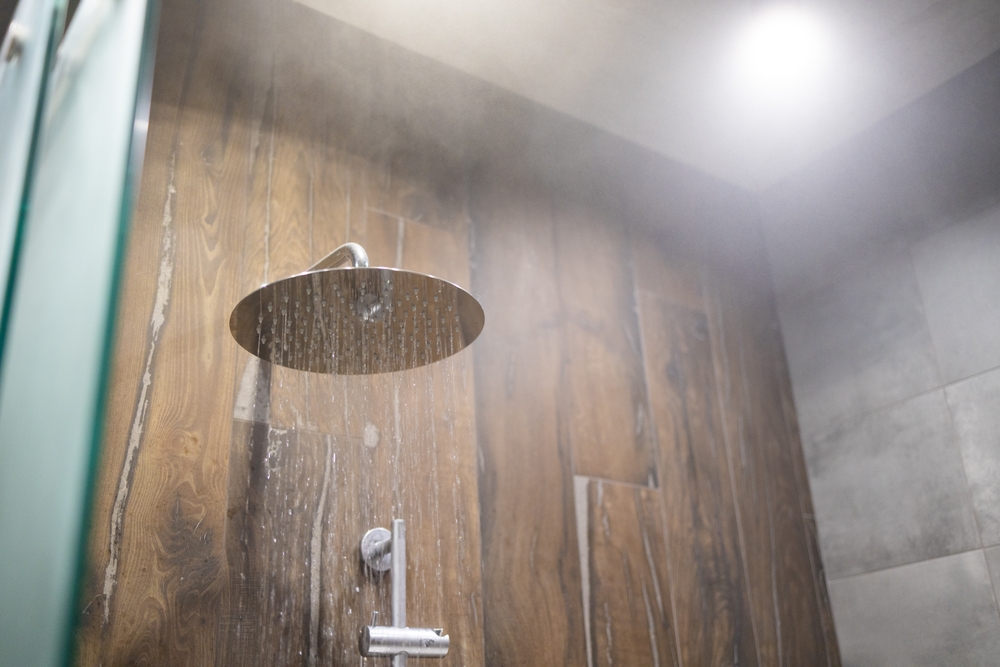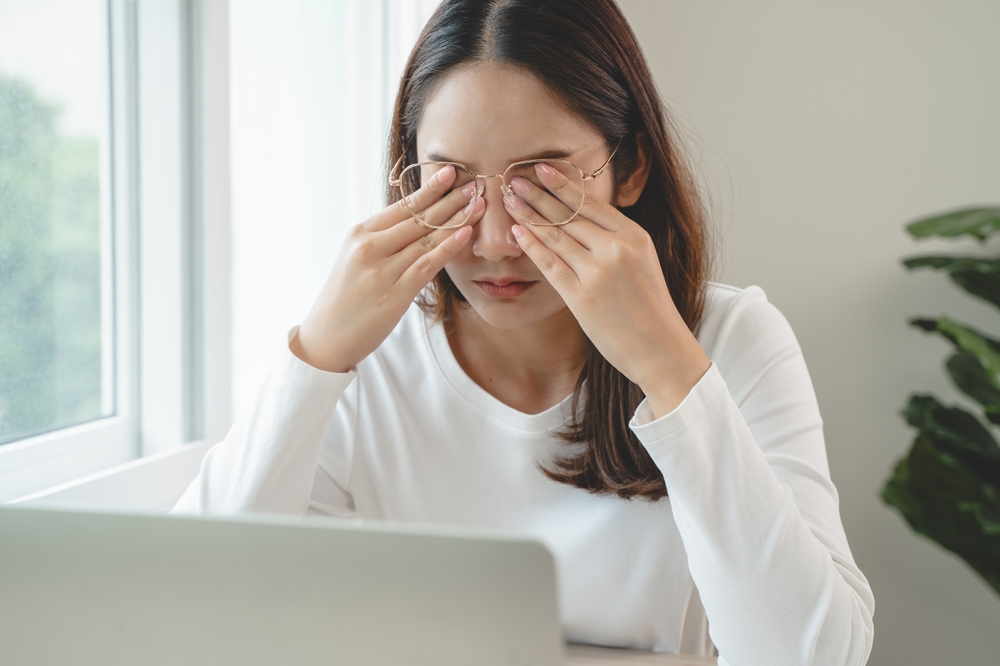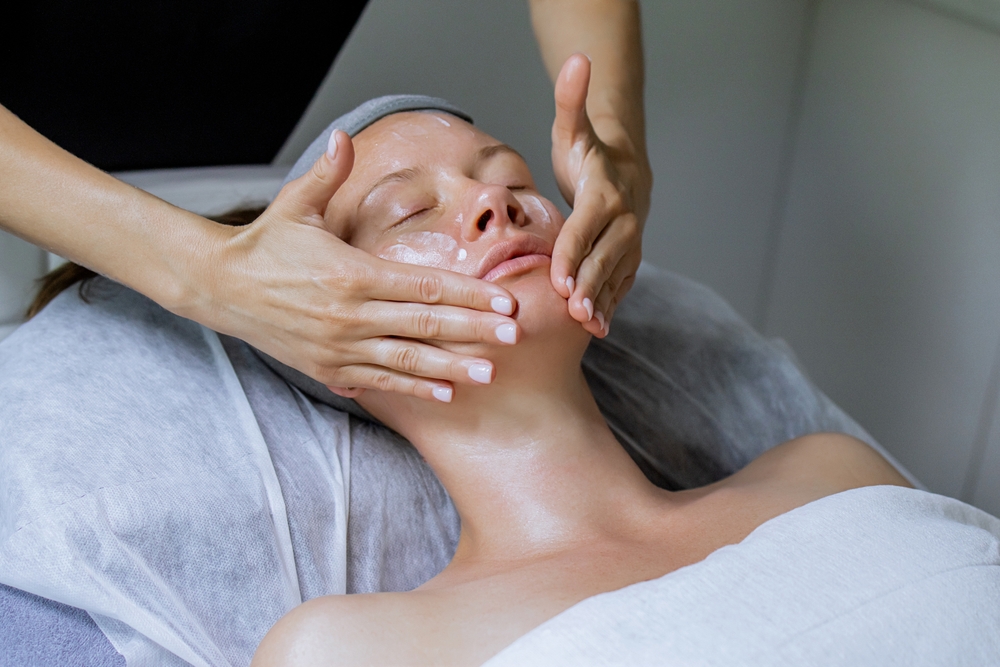Self-care is meant to help us feel better, recharge, and improve our mental and physical well-being. But not all self-care practices are as beneficial as we think. Some may be doing more harm than good. Here are 14 common self-care rituals that could be making you feel worse in the long run.
1. Excessive Screen Time for “Relaxation”

It’s easy to reach for your phone or binge-watch your favorite show as a way to unwind, but too much screen time can actually lead to more stress and anxiety. Prolonged exposure to blue light can disrupt your sleep patterns, leaving you feeling tired and irritable the next day. Additionally, mindlessly scrolling through social media can trigger negative emotions, leading to feelings of inadequacy or comparison.
Instead of scrolling through endless feeds or watching television for hours, try activities that are less stimulating, such as reading, journaling, or taking a walk. These alternatives help reduce mental clutter and improve your mood without overstimulating your brain. According to La Amistad, excessive screen time is linked to increased stress, anxiety, and sleep disruptions. Limiting screen time, especially before bed, can improve your quality of sleep and overall well-being.
2. Overindulgence In “Comfort Foods”

Turning to comfort foods like ice cream, pizza, or chips when you’re feeling down may seem like a self-care ritual, but it often leads to feelings of guilt and physical discomfort. While eating these foods may provide temporary emotional relief, they can contribute to weight gain, digestive issues, and a general sense of sluggishness. Over time, unhealthy eating habits can affect your mood, energy levels, and long-term health.
Instead, focus on nourishing your body with foods that promote both physical and mental well-being, such as whole grains, fruits, and vegetables. Eating balanced meals can improve your mood, boost your energy, and help you feel more in control. If you’re craving comfort, consider healthier alternatives that satisfy your emotional needs without the negative effects. According to Healthline, stress combined with high-calorie comfort foods can create an unhealthy association between stress relief and overeating, leading to long-term health consequences.
3. Taking Long, Hot Showers Every Day

Long, hot showers might feel like the ultimate self-care activity, but they can strip your skin of essential oils, leading to dryness, irritation, and premature aging. Additionally, hot water can cause blood vessels to dilate, potentially increasing inflammation and making conditions like rosacea or eczema worse. Although a hot shower can provide temporary relief, it’s not the most beneficial practice for your skin in the long term.
Instead of using very hot water, try warm showers that are gentler on your skin. You can also add moisturizing ingredients like oils or body creams to lock in hydration. A quick, soothing shower with gentle skincare products will leave you feeling refreshed without the negative effects of excessive heat. According to UPMC, frequent hot showers can disrupt your skin’s natural moisture balance and lead to dryness and irritation.
4. Overworking Yourself To “Earn” Rest

Many people feel the need to work extra hard to “earn” rest by pushing themselves to the limit before taking a break. However, this mindset can lead to burnout and physical exhaustion. Overworking creates stress and anxiety while preventing your body from fully recovering—even if you rest afterward. Pushing yourself too hard only exacerbates feelings of being overwhelmed and decreases overall productivity.
To avoid this cycle, try adopting a more balanced approach to work and rest. Prioritize regular breaks and focus on time management so you can complete tasks without overworking. According to Nivati, overworking can lead to burnout, depression, anxiety, and worsened sleep, ultimately harming both mental and physical health.
5. Overusing Skin Care Products

It’s easy to get caught up in the allure of skincare routines, especially when there’s a new product on the market promising glowing skin. However, using too many products or constantly switching between them can irritate your skin, causing redness, breakouts, and dryness. Your skin needs time to adjust to products, and overloading it can disrupt its natural balance.
Instead of trying every new product that comes your way, focus on a simple skincare routine with gentle, effective products suited for your skin type. Let your skin adjust to each product before adding something new. Fewer, more targeted products will often yield better results and prevent skin irritation.
6. Ignoring Sleep For “More Productive” Hours

Many people believe that sacrificing sleep to be more productive is a good self-care practice, but it’s doing more harm than good. Lack of sleep can lead to cognitive impairment, mood swings, and weakened immune function. Over time, chronic sleep deprivation can increase the risk of heart disease, diabetes, and mental health issues.
Instead of cutting back on sleep, prioritize rest as an essential part of your routine. Aim for 7-9 hours of sleep per night, and establish a consistent sleep schedule. When you get adequate rest, you’ll feel more energized, focused, and better able to tackle your responsibilities during the day.
7. Forcing Yourself To “Be Productive” On Your Day Off

We often feel pressured to be productive on our days off, believing that self-care means being “productive” even during our downtime. However, over-scheduling your day off with tasks like cleaning, running errands, or working on side projects can leave you feeling just as stressed as when you’re working. Constantly striving for productivity can prevent you from truly relaxing and recharging.
On your days off, try focusing on activities that allow you to fully unwind. This could include taking a walk in nature, spending time with loved ones, or simply doing nothing at all. True self-care involves giving yourself permission to rest and enjoy leisure without the pressure of productivity.
8. Overtraining And Skipping Rest Days

Exercise is a great form of self-care, but overtraining without proper rest can be detrimental to your health. Pushing yourself too hard in the gym can lead to injuries, fatigue, and even decreased immune function. Without sufficient recovery time, your body doesn’t have the chance to rebuild and get stronger.
To prevent burnout, ensure you incorporate rest days into your fitness routine. Listen to your body, and if you’re feeling fatigued, take a break. Active recovery, like light stretching or yoga, can be a great way to keep moving without overloading your body.
9. Obsessive Cleanliness And Tidiness

While a clean home can help improve your mood, obsessively cleaning and organizing can become a source of stress. Spending hours each day tidying up or constantly worrying about cleanliness can drain your energy and leave you feeling overwhelmed. Perfectionism in cleanliness can also lead to feelings of inadequacy or frustration when things don’t go as planned.
Instead of striving for perfection, try to keep your space organized in a way that feels manageable. Focus on areas that truly need attention, and remember that a little mess is okay. Allow yourself to relax without the pressure of maintaining an ideal standard of cleanliness, and focus on enjoying your space rather than stressing over it.
10. Spending Time Alone To “Recharge” When You’re Isolated

While alone time can be an essential self-care practice, spending too much time isolated can lead to feelings of loneliness and depression. Social isolation can affect your mental and emotional health, causing you to feel disconnected from others. It’s important to strike a balance between solitude and maintaining meaningful social connections.
If you’re feeling isolated, make an effort to connect with others in person or through virtual means. Socializing with friends or family can help you feel supported, grounded, and less lonely. Aim for quality connections rather than just spending time alone for the sake of recharging.
11. Overindulging In “Retail Therapy”

Shopping can feel like a fun way to treat yourself, but overindulging in retail therapy can lead to financial stress and feelings of guilt. Buying unnecessary items to boost your mood often leads to temporary satisfaction followed by buyer’s remorse. This can create a cycle of impulsive spending and regret, ultimately causing more harm than good.
Instead, focus on experiences or activities that bring joy without the financial strain. Consider treating yourself to a relaxing day out, taking a class you’ve always wanted to try, or spending time in nature. These activities provide lasting fulfillment without the negative impact of overspending.
12. Neglecting Mental Health For Physical Wellness

Many self-care routines focus on physical wellness, like dieting, exercising, and skincare, but neglecting your mental health can undermine all of your efforts. Focusing only on physical appearance or fitness can create a disconnection between your body and mind. Ignoring mental health needs, such as stress management or therapy, can lead to burnout and emotional exhaustion.
Incorporate practices that support both your physical and mental health. Meditation, therapy, journaling, or simply taking time to relax and decompress are all crucial components of self-care. Remember, true self-care encompasses both body and mind, and neglecting either can negatively impact your overall well-being.
13. Holding On To Toxic “Self-Care” Trends

Some self-care trends, like extreme detox diets or extreme wellness challenges, can harm your health instead of improving it. Fads that promise quick results can lead to nutritional deficiencies, dehydration, or other harmful effects. These extreme approaches to self-care often do more damage than good in the long run.
Rather than following the latest trend, focus on sustainable, healthy habits that promote long-term well-being. Listen to your body and make changes that suit your lifestyle, rather than chasing after temporary solutions. True self-care is about consistency and balance, not jumping on every trend that promises quick fixes.
14. Holding Unrealistic Expectations Of “Self-Care”

Sometimes, the pressure to have a perfect self-care routine can cause stress. Expecting to always have time for a luxurious bath, perfect skincare, or a deep yoga session can set you up for disappointment. The idea of “ideal” self-care can add unnecessary pressure, making you feel like you’re failing if you miss a step.
Instead of aiming for perfection, focus on what truly helps you feel good, no matter how simple or small it may be. It could be taking a few minutes to breathe deeply, enjoying a hot cup of tea, or simply sitting in silence. Self-care isn’t about doing everything perfectly; it’s about taking moments that genuinely restore your well-being.

Abisola is a communication specialist with a background in language studies and project management. She believes in the power of words to effectively connect with her audience and address their needs. With her strong foundation in both language and project management, she crafts messages that are not only clear and engaging but also aligned with strategic goals. Whether through content creation, storytelling, or communication planning, Abisola uses her expertise to ensure that her messages resonate and deliver lasting value to her audience.


